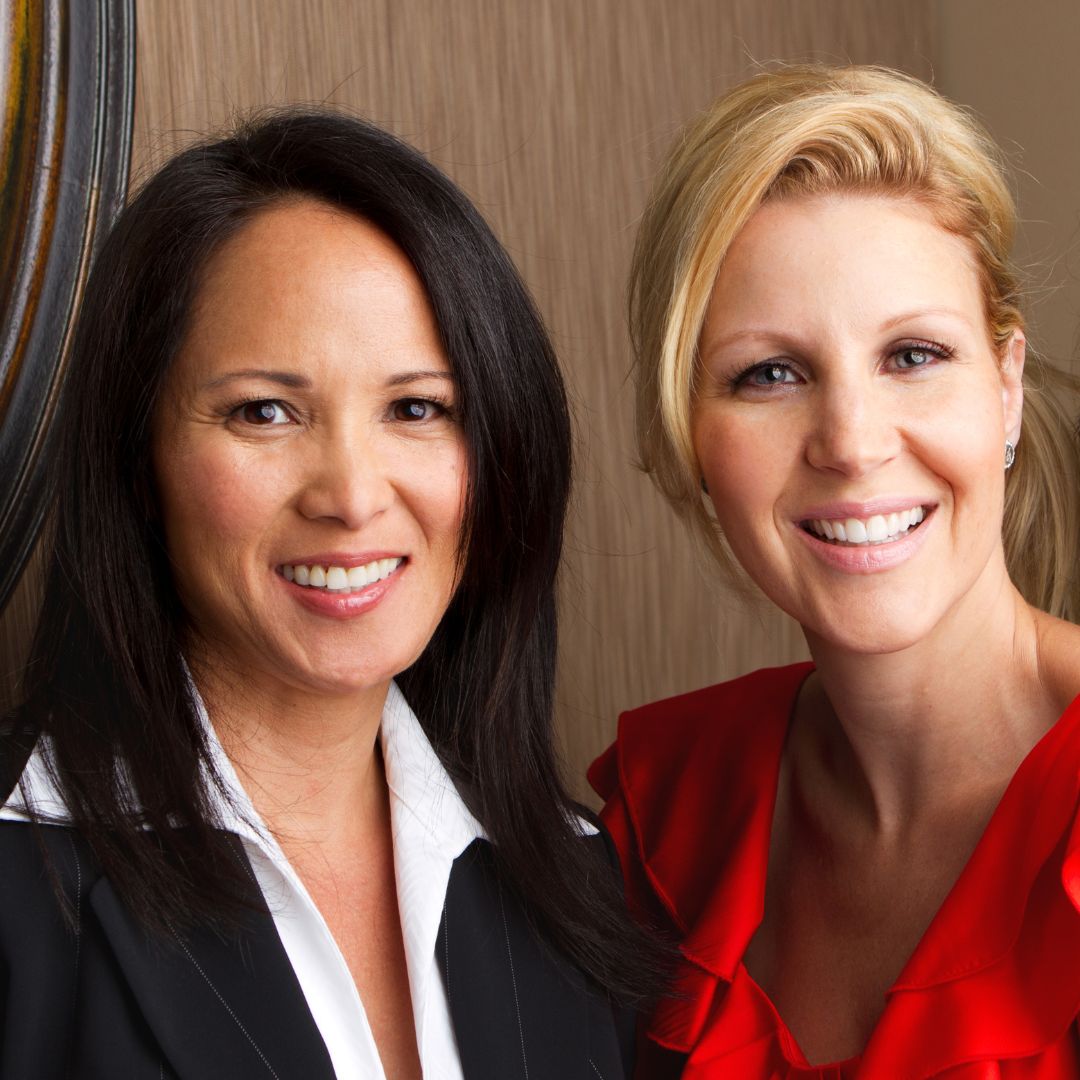
Say My Name: Why the Words We Use Shape Female Leadership Power
Words matter! The language we use to describe ourselves, and others, shapes perceptions, influences behaviour, and defines power dynamics. For women in leadership, the terms "ladies" and "girls" are more than just casual labels; they are verbal cues that subtly undermine authority and reinforce outdated gender roles. It’s time to reclaim the language used to describe powerful, capable women and ensure it reflects our authority, not diminishes it.
The History of "Ladies" and "Girls"
At first glance, terms like "ladies" and "girls" might seem harmless, even polite. However, they carry heavy historical baggage. "Ladies" has long been associated with women who conform to a mold of politeness and quiet compliance — attributes that undermine assertiveness and strength, particularly in leadership.
"Girls," on the other hand, reduces adult women to a childlike status, stripping them of maturity, wisdom, and professional identity. It signals that they aren’t to be taken seriously, creating an immediate power imbalance. This infantilising language positions women as less authoritative than their male counterparts.
Politeness Vs Authority
Women in leadership often walk a fine line between being assertive and being perceived as aggressive. When women are addressed as "ladies," it reinforces outdated ideals that they should be accommodating and agreeable. This kind of language can embed unconscious bias that makes it more challenging for them to assert themselves as firm, decisive leaders.
The term "girls" goes further, suggesting immaturity and a lack of experience and competence. When women are called "girls" in the workplace, it creates obstacles, adding unnecessary challenges to their leadership journey.
Microaggressions in Language
Terms like "ladies" and "girls" aren’t just outdated; they’re microaggressions that perpetuate unconscious gender bias. Even if the intent isn’t malicious, the impact is real. Language shapes perception, and when women are diminished by such terms, it subtly undermines their authority.
I recently had a meeting with a CEO who referred to his team as "the girls". He wasn’t talking about work-experience students, he meant grown women, professionals deserving of recognition. After hearing it a couple of times, I asked if he had teenagers working at the company. He looked puzzled, and I pointed out that "the girls" he referred to were, in fact, women. From that moment on, he corrected his language and started using their names, just as he did with the men.
This interaction highlights how easily biased language can slip into everyday use, and how important it is to address it. Language shapes how we are perceived, so we must ensure the words used to describe women in leadership reflect their true impact, power, and authority.
Reclaiming Leadership Language
How do we change this? The first step is awareness. Instead of defaulting to "ladies" or "girls," opt for terms like "team," "colleagues," or simply call people by their names. These neutral terms help level the playing field and position everyone as equals.
It’s also important to correct language that diminishes women’s authority. When someone refers to you or your team in a belittling way, you have the right to correct them. By doing so, you’re not only reclaiming your own power, but you’re also modeling what respect and authority look like in leadership.
Coaching Questions for Reflection
-
What words or phrases have you encountered that lead to you feeling diminished in your professional life?
-
How often do you hear terms like "girls" or "ladies" used in professional settings, and how do you feel now that you’re more aware of their impact?
-
How can you model inclusive language in your own meetings to reflect the authority of women leaders?
Action Steps for this Week
- Correct the language: The next time you hear someone refer to professional women as "girls" or "ladies," suggest more appropriate terms like "team" or "colleagues".
- Use names and titles: Make a habit of using people’s names or titles rather than gendered group labels. This subtly shifts the power dynamic and acknowledges professionalism.
- Model inclusive language: In your own meetings and communications, consciously use language that reflects the professionalism and authority of all team members, regardless of gender.
Language shapes our reality. By reclaiming the words we use to describe women in leadership, we can shift workplace culture and open the door to more inclusive, powerful leadership dynamics. It’s time to leave "girls" and "ladies" behind and step into a future where women are seen, heard, and respected for who they truly are.
Ready to Elevate Your Leadership?
Now that you understand how language shapes your power, it’s time to redefine how you lead. Don’t buy into outdated metaphors—ditch the idea that you need to "grow balls" to lead with strength. Dive into my next article, We Don’t Need to 'Grow Balls' to Lead: Redefining Courage for Women, and discover how to lead with authenticity and unshakable courage.
Want personalized insights on how to own your voice and amplify your leadership? Book your Assess Your Leadership session with me here. Let’s uncover the strategies that will empower you to lead unapologetically because it’s time for you to claim your space at the top.
Share this post on:

ABOUT THE AUTHOR
JO WISE
Master Certified Coach with the ICF who is dedicated to elevating female leaders to new heights. A woman who lives life boldly, loves adventure, and finds joy in the simple things. She's a surfer, gardener, hiker, partner, and proud mum of one teen and 3 chickens.
What Now
Elevate your leadership with my three-part video training series exclusively for female leaders. Gain motivation, break free from repetitive cycles, and embrace bold leadership. Enter your name and email below for instant access. Let's unlock your leadership potential together!

© Copyrights 2023. Jo Wise Leadership. All Rights Reseved.